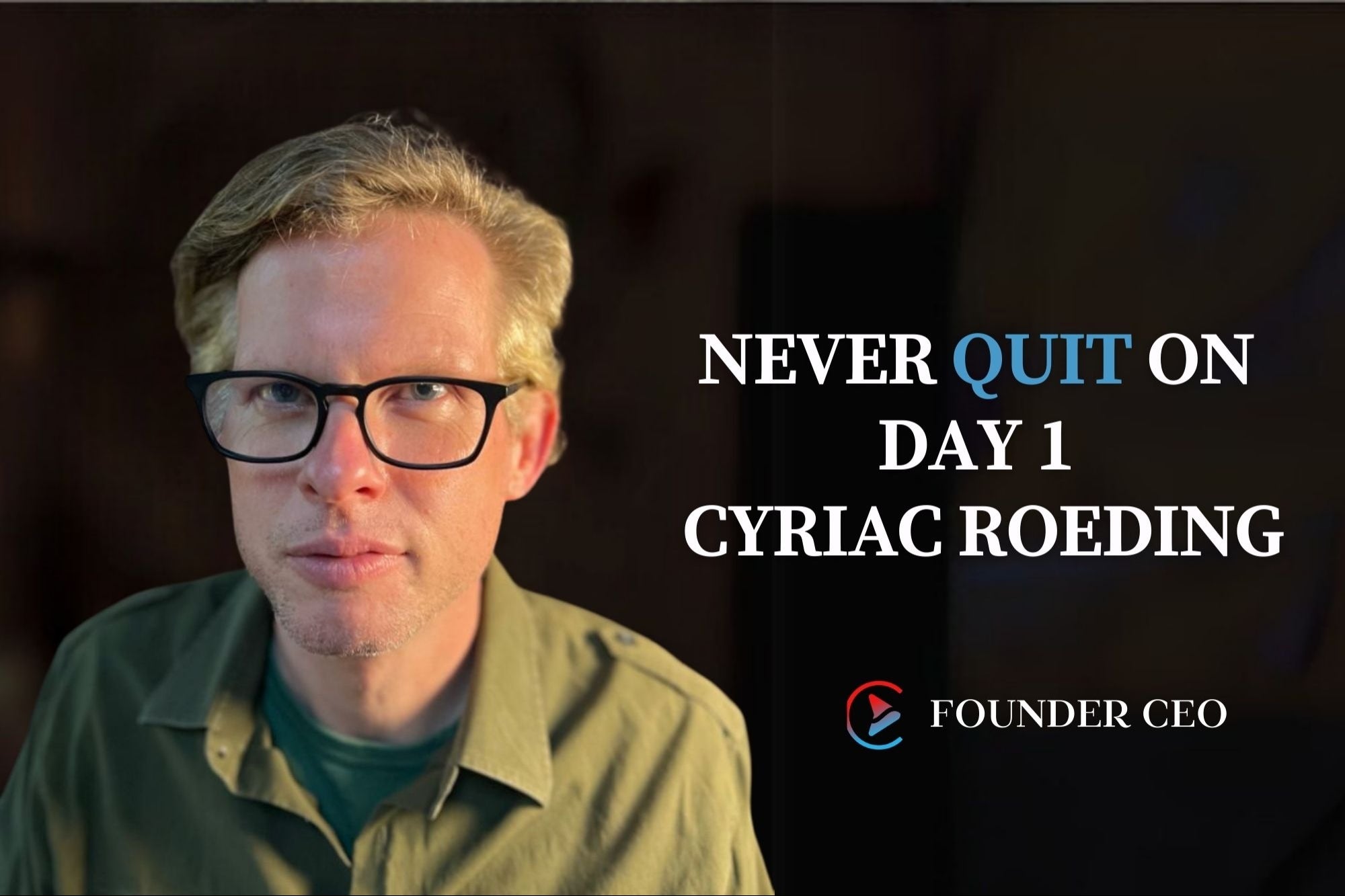4 Ways Startup Employers Fail at Work-Life Balance Does your new company veer dangerously close to staff burnout? See some remedies.
By Heather R. Huhman Edited by Dan Bova
Opinions expressed by Entrepreneur contributors are their own.

The startup work environment is stressful by nature. Entrepreneurs work hard to run their businesses and make ends meet. But when founders are very concerned about their startup's success, they may overlook the needs of their employees.
The reality is, many people who work for startups, particularly in the technology arena, struggle with work-life balance. In fact, some companies have even gone as far as to find ways to extend the amount of time employees can work.
A few weeks ago, tech giants Apple and Facebook announced they will cover the costs when female employees freeze their eggs to postpone their pregnancy. It seems to me these companies aren't providing work-life balance if their employees have to plan their entire personal lives around their jobs.
Instead of forcing employees to sacrifice their personal lives, startup employers need to create more work-life balance at their companies. Here are four ways startup employers fail at work-life balance and what could be done about it:
Related: Culture That Counts -- 5 Ways to Dramatically Boost Employee Satisfaction
1. Overlooking personal lives and needs of staff.
Startup employees are humans, too. They have spouses, children, loved ones to care for and unexpected life events. If startup employers want to increase their employees' happiness, they need to address their personal needs.
For example, according to Pew Research, half of working parents with children younger than 18 say it's difficult to balance their careers with the responsibilities of raising a family. If an employee needs more time to be with family or other personal needs, try to work with his or her schedule.
Also, let employees telecommute or offer the occasional half-day. If a staff person isn't required to meet with a client or customer in person on a particular day and the job can be done from home, there's no reason he or she needs to come into the office.
2. Not addressing burnout immediately.
Most people who apply for startup jobs realize that they'll be working long hours. But regardless of how much a person loves his or her job, burnout may be inevitable when working in excess of 80 hours a week.
Startup employers who have employees on demanding work schedules must have a plan in place for when a staffer experiences burnout. Whether it's giving the person paid time off from work or shortening the workload for a week, give the employee time to recharge.
Related: Unlimited Paid-Time Off? Seriously? How to Make It Work.
3. Piling on responsibilities for employees.
Many startups can't hire a lot of talent, especially in the early stages. This is why some startup employees are required to wear many hats and take on responsibilities outside of their job description.
When giving out the extra assignments, ask employees if they're physically and mentally able to take them on. Once they have accepted the tasks, continue to check in with them to be sure they aren't feeling overworked or exhausted.
4. Ignoring mental illness and stress.
Startups can be extremely stressful work environments and require employees to work longer hours in the office. Because of this, employees can be prone to depression and stress. Research by the Finnish Institute of Mental Health showed that people who work more than 11 hours a day are more prone to work-related depression.
Startup employees are likely to have days when they're required to work more than eight hours a day. But if this becomes a common occurrence, take action to ensure staffers remain happy, healthy and productive.
Depression can negatively affect an employee's performance at work. If someone is showing symptoms of stress or depression, address the situation immediately. Lesson the workload or let the person take time off from work.
What steps have you taken to improve work-life balance at your startup?










